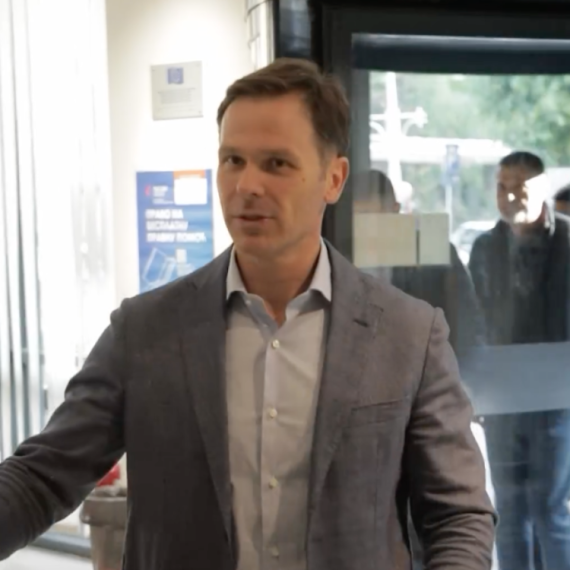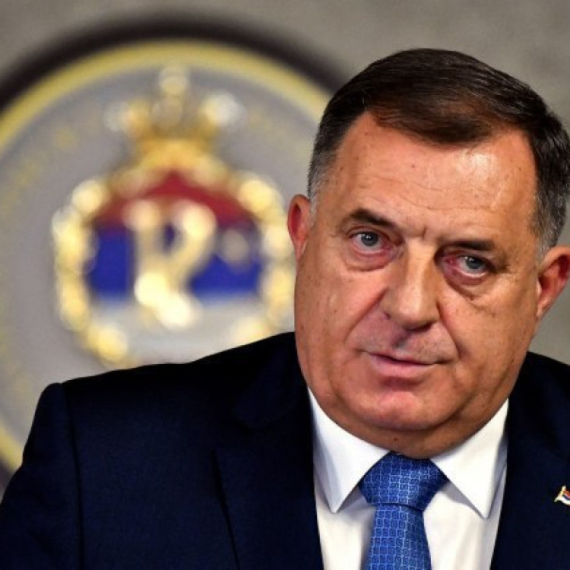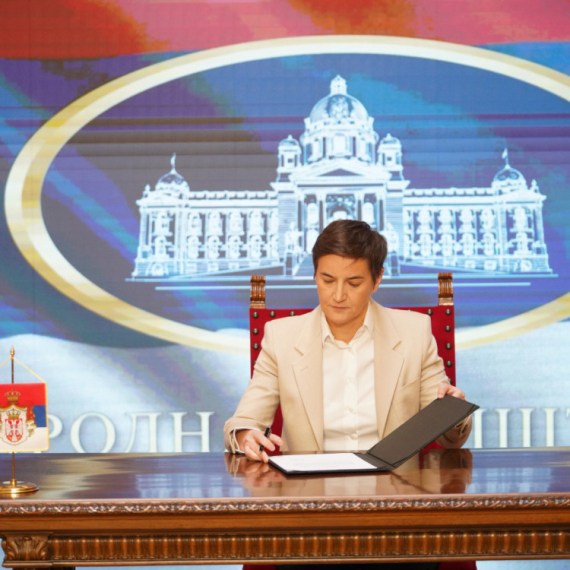Assassination background part of EU negotiations
Investigation into the political background of the assassination Zoran Đinđić is an official part of the negotiations with the EU, says Tanja Miščević.
Thursday, 27.03.2014.
10:21

Assassination background part of EU negotiations
"Investigating the political background of the murder of the prime minister is an official part of the negotiations, because you cannot achieve the rule of law and stability of institutions if you have problems that are not solved, because then you actually have a problem with judicial reforms," explained Miščević."The assassination of a prime minister in any country represents a serious challenge to the system. But even if no one mentioned it and if parliamentarians of the European Parliament did not ask the European Commission to raise this issue as a special condition, we would need to do it for ourselves," she said.
When asked whether this means that solving the cases of murdered journalists was also officially part of Chapter 23, Miščević said it referred to "every unsolved murder."
"One of the issues that is being insisted on is a huge backlog of court cases, but also many particularly serious murders and political assassinations. It is an obligation of Serbia to work on that," she said.
Asked when negotiations on the judiciary would be launched, Miščević said "the Serbian plan is for this to happen as soon as possible, by the end of this year, that is, to open Chapter 23 in December, which contains judicial reforms, as well as Chapter 24, where there is police and judicial cooperation in criminal matters, because together they create a system of the rule of law."
"It does not depend only on us, but also on the European Commission and the approval of EU member states," this official noted.
Asked why this was "good for us" Miščević responded by saying that "experience shows that reforms in the judiciary cannot be done by leaving it to the country itself, rather advice, support and control are necessary, and sometimes even pressure from the EU."
Asked whether "the need to amend the Constitution in relation to the appointment of judges and their independence was mentioned," she said that the issue was "always present."
"Changing the Constitution in the context of our accession to the EU will be necessary. Our suggestion, that is well-accepted in the EU, is to go through all the screening areas to determine all the elements that make it necessary to change the Constitution, and then move into it," said Miščević.

























































Komentari 0